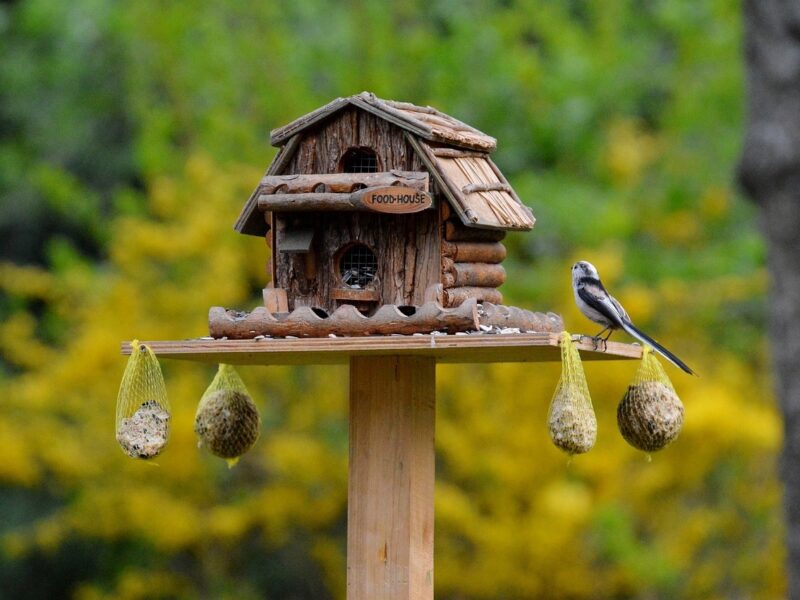
I find it crazy that so many homeowners either don’t know how to compost or simply cannot be bothered to do it. A lot of our fruit and vegetables come from the soil; so surely it makes sense to nourish it and help produce the best food we possibly can?
This is the essence of composting, it is also better to work organically than using chemicals in the fertiliser.
It is worth noting that compost is actually the ultimate soil conditioner; I say this because it helps improve not only the texture but also the structure that your soil needs to encourage perfect growing vegetables and fruit.
Botanic Garden
Reports suggest that roughly between 10-20% of the average household’s waste is organic disposals. With this in mind think about how much fruit and veg is eaten in your household; then consider how much raw food you actually throw away.
This includes any peelings, food that is rotting and also any you would normally throw down the food disposable. All for these things are perfect for composting and can be found in every kitchen.
One good bit of advice is to keep a container next to your sink or something that you can save all your food scraps in. This way you can simply place all your scraps in this container as you prepare meals which you can then add to your compost pile later on.
There are so many different foods that can be used for composting, here is a few of them:
- Any raw fruit or veg skins
- Peelings or cuttings
- Eggs shells that have been rinsed
- Tea or coffee grounds
- Clean pet or human hair that hasn’t been chemically altered
There are also a few things that you should never use in your compost heap:
- Raw meat and meat scraps
- Cooked food
- Bones
- Fish
- Plastic or synthetic fibres
- Pet or human faeces
- Weeds that have gone to seed
- Diseased plants
Although you could begin your compost pile on the ground it is a much better idea if you keep it contained, this stops animals getting in it. Selecting your container and locating where it will be placed should be your first step.
A bin could be a good idea or even recycling wood pallets and waste cans however you need to ensure it will have air circulating it at all times, along with it being easily accessible.
Keeping your container in a sunny area of your garden is essential; also I would advise having a good pile of wood chips, dried leaves and twigs nearby for adding to your compost heap when necessary.
It is vital you get the right amounts of brown and greens and using twigs etc. will ensure you aren’t stressing about having enough ‘browns’.
Compost will smell like wet ground after its rained, it wont smell that bad… If your compost heap does smell particularly bad then it is very likely that you don’t have enough ‘brown matter’ so add some more dried leaves and branches.
If it smells more like rotten egg then your problem is air, or in this case the lack of air. I would advise drilling a few holes in your container and maybe turning the heap over a few times in the next week or so.
If your heap smells more like raw sewage then the chances are it is too wet; try adding some shredded cardboard to get rid of this problem.


